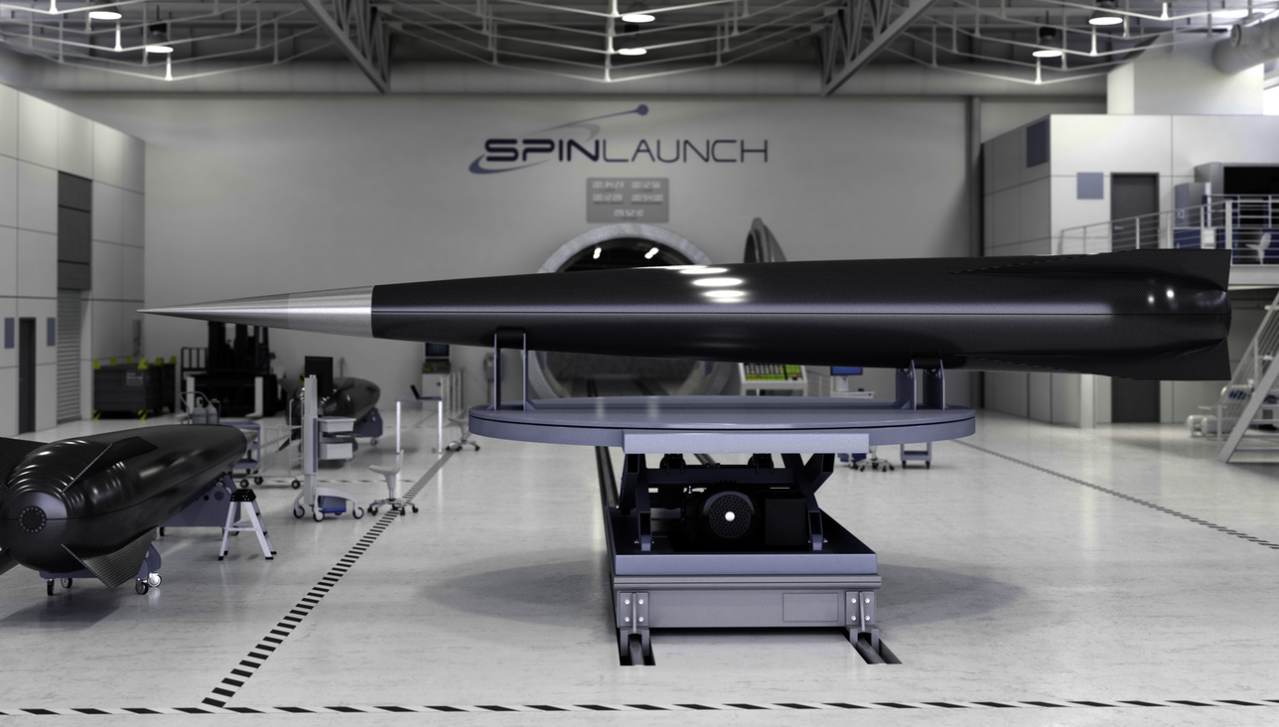A launch startup is hoping to make companies in the spaceflight industry more equal by removing the need for expensive rocket boosters and the fuel that propels them.
With a design that seems more Wile E. Coyotesque than a legitimate space launch plan, a company called SpinLaunch is working on a means of catapulting items into space.
The company is working on building a spinning centrifuge — a piece of equipment that rotates an object around a fixed point — which will harness enough momentum to sling a payload into space. Sources told TechCrunch that the centrifuge will be able to launch satellites at hypersonic speeds around 4,800 kilometers per hour (3000 mph).
There is also talk of using supplemental rockets to give the payload an extra boost to help push it through Earth's atmosphere and into space. Even with the supplemental rockets, the SpinLaunch system could be a means of making launches cheaper and more accessible to smaller companies that want to get satellites or other equipment into orbit.
Hypersonic Speeds
NASA had previously looked into developing a catapult launching system of its own, but discovered that designing a cost-effective catapult wasn't possible. However, SpinLaunch founder and CEO Jonathan Yaney insists that his company's proposed method will be different than NASA's past attempts.
Yaney told TechCrunch, "SpinLaunch employs a rotational acceleration method, harnessing angular momentum to gradually accelerate the vehicle to hypersonic speeds. This approach employs a dramatically lower cost architecture with much lower power."
TechCrunch reported that two sources said physicists who have looked into the company's plans foresaw some potential challenges. Air resistance on the cargo may be significant hurdle that SpinLaunch's catapult has to overcome. If the cargo hits the Earth's atmosphere without enough momentum, its density could effectively act as a physical barrier to it ever reaching space.
SpinLaunch has a target price of $500,000 per launch, a far cry from SpaceX's $62 million price tag for a Falcon 9 launch. Even companies and other entities who find cheaper launch alternatives to be too expensive may be able to launch satellites. If the startup is able to deliver on its lofty promises, we could see an entirely new level of democratization in commercial spaceflight.
Share This Article
